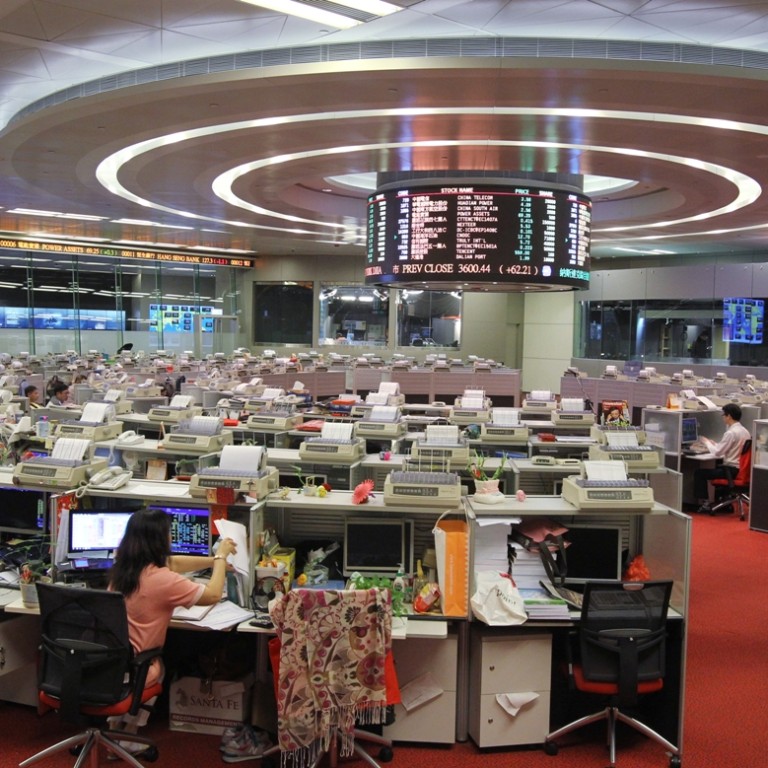
Complexity and cost could derail stock “through train”
Bourse must reduce scale and scope of tariffs to ensure success of cross-border trading
The Shanghai-Hong Kong Stock Connect is undoubtedly a major development in terms of the opening up of mainland financial markets and Hong Kong Exchanges and Clearing (HKEx) should be congratulated on its work to deliver an exciting market innovation.
It has put in place a model addressing complex differences in trading and settlement practices between the mainland and Hong Kong and it is ready to go.
But while hedge funds with prime broking relationships which do not currently have access to mainland securities under existing quota schemes will also be ready, many international institutional players of any significance are unlikely to be.
Lack of finality of the rules makes it tough for international investors to complete revised client agreements. In some cases, they must also obtain clearance from trustees to access the A-share market.
There is also the serious legal issue of how shares are held via Hong Kong Securities Clearing Corp's custody account on the mainland and questions on how beneficial ownership rights are handled in the event of a dispute in mainland courts. Capital gains tax uncertainties also remain.
One key operational requirement will be to ensure pre-delivery of stocks each day in order to enable trading even if a trade does not take place and to manage the potential risk of delivering stock before receiving payment and the associated credit risk of clients to their brokers.
There are various ways of dealing with some of these issues, including brokers establishing third-party clearing relationships with leading custodians, but these arrangements take time.
These are significant problems given that a key driver behind Stock Connect is to encourage broader northbound international and institutional participation to meet the policy objectives of more stable and longer-term investment conditions, as well as improved corporate governance. There is also the question of costs - there are almost 20 categories of charges imposed by HKEx for northbound flows, including new ones not currently charged by the Shanghai Stock Exchange. Infrastructure and market data fees are also significantly higher.
At the extreme, pre-trade position transfers alone could undermine portfolio performance by up to 100 basis points per annum. Exchanges usually provide fee holidays to encourage participation in the launch of a new market or product.
Given the barriers which need to be overcome for international institutional participation, HKEx should significantly re- duce the scale and scope of its tariffs.
Failure to do so will encourage institutions, including important investors which track major indices, to explore alternative synthetic structures, including off-market total return swaps.
This is not in the interests of the long-term success of the market or HKEx's plans to become the gateway to the mainland across a broad set of products and markets.
